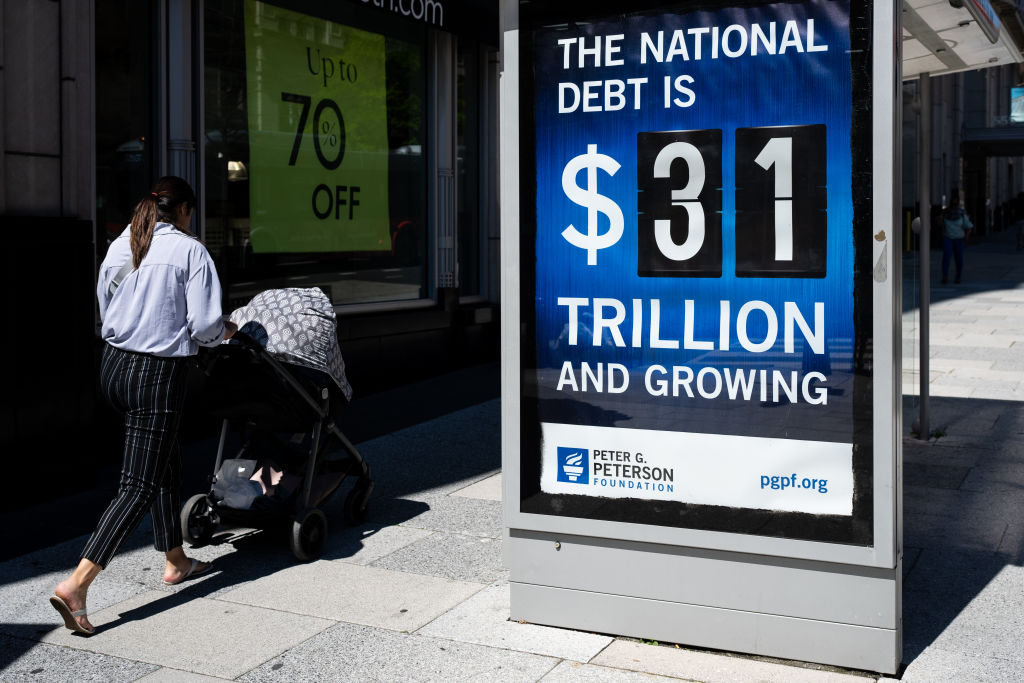A couple of bank failures, a government-fueled bailout, and reassurance from President Joe Biden that everything is OK should have been all she wrote in this chaos and torment. Instead, it turns out that a credit crunch is forming across the United States economy, from a collapse in banking lending to consumers fearing a lack of access to credit. If the numbers suggest this persists throughout the second quarter, economists and market analysts fear this could result in disastrous consequences for the country. Does it mean a recession is nigh? The dreaded R-word might be a reality for an economic ecosystem that survives on consumption and debt.
A Bowl of Credit Crunch
The Federal Reserve Bank of New York’s March Survey of Consumer Expectations (SCE) might have been the beginning of what to anticipate in the coming weeks or months. Last month, the SCE revealed that 58% of households expect credit to be harder to obtain compared to a year ago, up from 55.7% in February. This is a record for the regional central bank’s series that commenced in June 2013. The SCE further discovered that 52.9% say credit will be more challenging to receive a year from now, up from 48.8% in the previous month.
Other industry experts almost guarantee that banks will tighten their credit standards this year. For example, the American Bankers Association (ABA) noted in its quarterly outlook for credit markets that the three leading credit conditions indexes slumped to their lowest levels since the onset of the COVID-19 public health crisis. In addition, ABA Chief Economist Sayee Srinivasan noted in the report that caution would be the driving force in a climate of uncertainty and economic headwinds.

(Bill Clark/CQ-Roll Call, Inc via Getty Images)
There is ample evidence that the finance sector is responding to failures in Silicon Valley Bank and Signature Bank. For example, new Fed data from the H.8 report found that commercial bank lending crashed nearly $105 billion in the two weeks ending on March 29: $73.6 billion among small commercial banks, $23.6 billion for 25 large outfits, and $7.5 billion by foreign banks operating in the US.
In addition, the Dallas Fed Bank’s Banking Conditions Survey confirmed that loan demand plummeted, and outlooks deteriorated, according to 71 banks surveyed between March 21 and 29.
But it is not all bad news. The Eccles Building’s balance sheet has cratered more than $100 billion in two weeks, declining 1.15% to around $8.632 trillion. One of the main contributors to the sizable expansion of the institution’s public ledger has been the new Bank Term Funding Program (BTFP) and “other credit extensions.” While these items on the balance sheet have jumped substantially, they have slowed in the two-week period.
The Primal Forces of Nature
Banking data is not the most exciting subject in the world. It is about as much fun as watching Kevin Costner in Waterworld or viewing an Amy Schumer Netflix comedy special. But the recent data and the latest developments in the finance industry could have consequences for the broader marketplace, particularly as it relates to a recession.
Some post-SVB numbers have been coming in, such as the fifth straight contraction in the Institute for Supply Management’s Manufacturing and Services Purchasing Managers’ Indexes for March or the 228,000 initial jobless claims for the week ending April 1. But the meat and potatoes will be served over the next two months. In other words, there will be a notable lag. Still, if the data were abysmal leading up to the banking turmoil, then the figures are unlikely to showcase economic growth faster than a socialist running away from an economics textbook.
The US economy is fueled by credit, debt, and consumption. A credit crunch would force lenders to pull back their lending, meaning less red ink for businesses and consumers, which reduces the spending addiction that has imbibed the economic landscape since the 1970s. The contagion effect everyone discussed in Washington, Wall Street, and on social media may not have been for the banking system but perhaps for the entire nation. The tech bros and the SVB management had inadvertently, as the character Arthur Jensen says in the terrific 1976 film Network said, “meddled with the primal forces of nature.” But will we atone for our economic sins with a downturn or keep the illusion alive through permanent intervention and bailouts?



